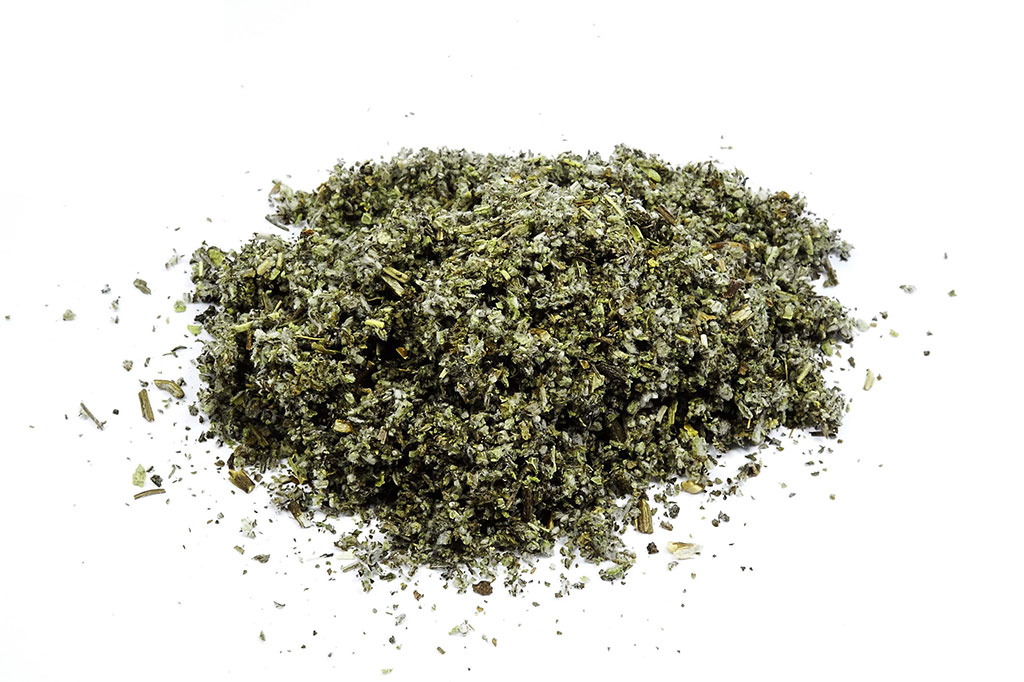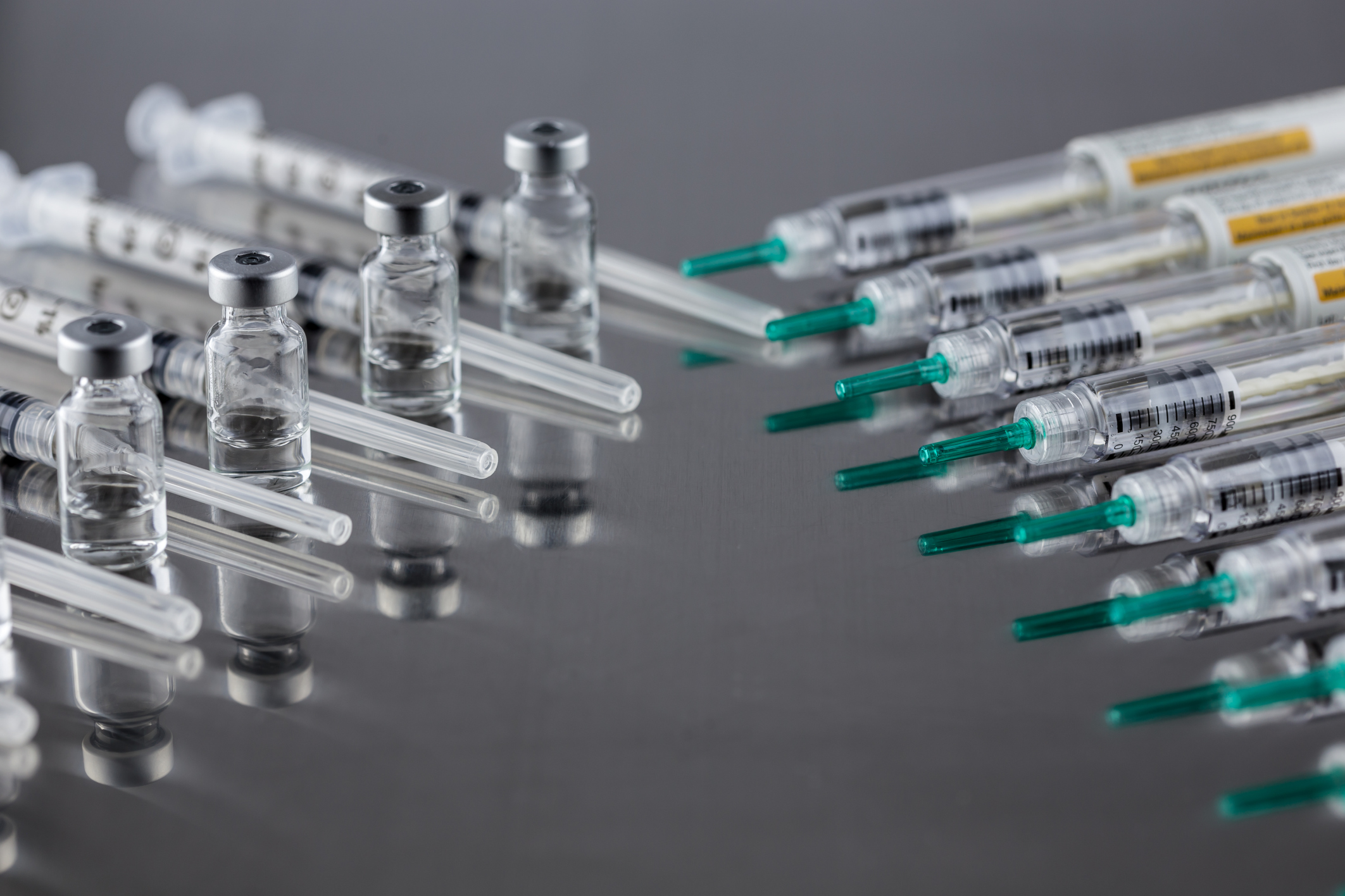
What To Know About Opiate Withdrawal
November 18, 2016
Are The 12 Steps Really Necessary For Sobriety?
November 23, 2016Last Thursday, November 17, 2016, the Surgeon General released the first ever report focused on drug abuse, substance use disorders, and related harms. Facing Addiction: The Surgeon General’s Report on Alcohol, Drugs, and Health places addiction and related substance use disorders in the same realm and mind frame as other health conditions, such as diabetes and cancer. This report is in response to the widespread health crisis and overdose epidemic that continues to plague our nation as a whole.
Our admissions coordinators are available 24/7 to answer any questions you may have as you consider whether treatment at Clearbrook Treatment Center is right for you or your loved one.
The Toll Of Alcohol & Drug Abuse In America
Alcohol addiction and drug abuse have had a substantially large impact on our country, our health care system, criminal justice system, economy as a whole, and of course, our communities and families, as they bury their loved ones to drug and/or alcohol related deaths. Current statistics reveal that one American dies every 19 minutes to an overdose related to heroin or opiates. That number does not account for the countless others who die from other substances, including alcohol and drugs such as cocaine and benzodiazepines. As the number 28,000 gets mentioned several times over in news reports and blogs, the number 47,000 receives a mere glance or simply gets passed by; 28,000 being the number of those lost to heroin and other opioid-related drug overdoses, but 47,000 being the TOTAL number of deaths in 2014 related to ALL drugs and alcohol.
The Surgeon General’s report exposes the reality of our current predicament; allow the numbers to speak for themselves.
- 1 in 7 Americans will suffer from a substance use disorder
- Currently, 21 million Americans struggle with drug abuse or alcohol addiction
- That is, more than the number of people diagnosed with ALL cancers combined
- This number does not include individuals who have yet to be or are formally diagnosed with a substance use disorder (SUD)
- Addiction/Drug Abuse/Substance Use Disorders cost our country $442 billion annually in lost workforce productivity, heathcare expenses, and criminal justice costs.
- That is nearly as much as Walmart (the world’s largest retailer, according to Fortune) makes in one year.
- Furthermore, that number is nearly double of what we spend on diabetes, a disease that costs our nation $245 billion annually
- Only 1 in 10 individuals who suffer from drug abuse or alcoholism will actually receive the treatment they need
How Do We Actually Solve The Problem
In the words of our Surgeon General, “Solving the problem is not going to take place if we just pass a few laws or if public health experts just start a few more programs. It’s actually going to take all of us together to do our part.”
So what does that mean entirely? All of us must do our part? The list is extensive and it will take years most likely, but it is possible to eventually turn the corner on the drug abuse crisis. Firstly, the way we view drug abuse must be changed. When we consider the disorder, as exactly that, a chronic brain disease, we open the door to many avenues of reform. If we continue to deem addiction as an immoral and deprave act, our annual debt will rise, crime will continue, and more people will die.
New studies have established a neurological basis for drug abuse and addictive disorders. Evidence shows that substance use disorders and addiction are associated with a drastic change that happens within the brain, after repeated drug and alcohol use. Namely, the basal ganglia, prefrontal cortex, and amygdala are all altered over time, which can explain why addicts and alcoholics continue to engage in risky behavior despite adverse consequences. As a group, these areas are responsible for an individual’s learning, stress, self-control, pleasure (reward system) and decision-making processes.
The Surgeon General’s plans look to utilize every component possible, which is complementary to the Comprehensive Addiction Recovery Act which was passed in July. By employing policymakers, educators, law enforcement officials, families, healthcare professionals, public health and social service centers, it gives way to more prevention, intervention, and treatment opportunities. The report recommends integrating drug abuse disorders with the traditional healthcare system, which in turn would expand treatment options, requiring more substantial training for professionals, and utilizing evidence-based treatment to decrease the likelihood of relapse.
Murthy stresses the importance of parents talking to their children about drug abuse at a young age and schools utilizing prevention programs. Those that begin drinking alcohol before 15 years old are 4 times more likely to develop addiction issues later in life, compared to those that start drinking at 20 or older. Furthermore, the report highlights the fact that successful drug abuse treatment is not based merely on a stay in a rehab facility, but rather a full continuum of care, implementing detox, rehab, outpatient programs, support groups and counseling.
Get a Free Insurance Verification Today!
"*" indicates required fields
Contact Clearbrook For Alcohol & Drug Abuse Help
In an interview with USA Today, Murthy noted, “At a time when we are resource-constrained already, we cannot afford, for humanitarian reasons or financial reasons, to not address addiction in America.” He went on to explain, for every $1 spent on treatment resources for alcoholism and drug abuse, we could save $4 in healthcare and $7 in criminal justice costs.
For that reason, along with the 47,000 others, it is imperative that we change how we treat drug abuse and other related substance use disorders. If you or someone you love is suffering from drug abuse and/or alcoholism, please allow us to help you.
For more than 40 years, Clearbrook Treatment Centers has been a leader in providing effective drug and alcohol treatment. With a state-of-the-art detox unit, customized adult inpatient program, and the belief in a full continuum of care, we have been able to witness miracles every day. Many have come to us broken and hopeless, and within a short period of time, regain their lives and restore their relationships. It is our hope that this can happen for you as well. If you are ready to make a change and begin your road to recovery, contact our Admissions Specialists today.






